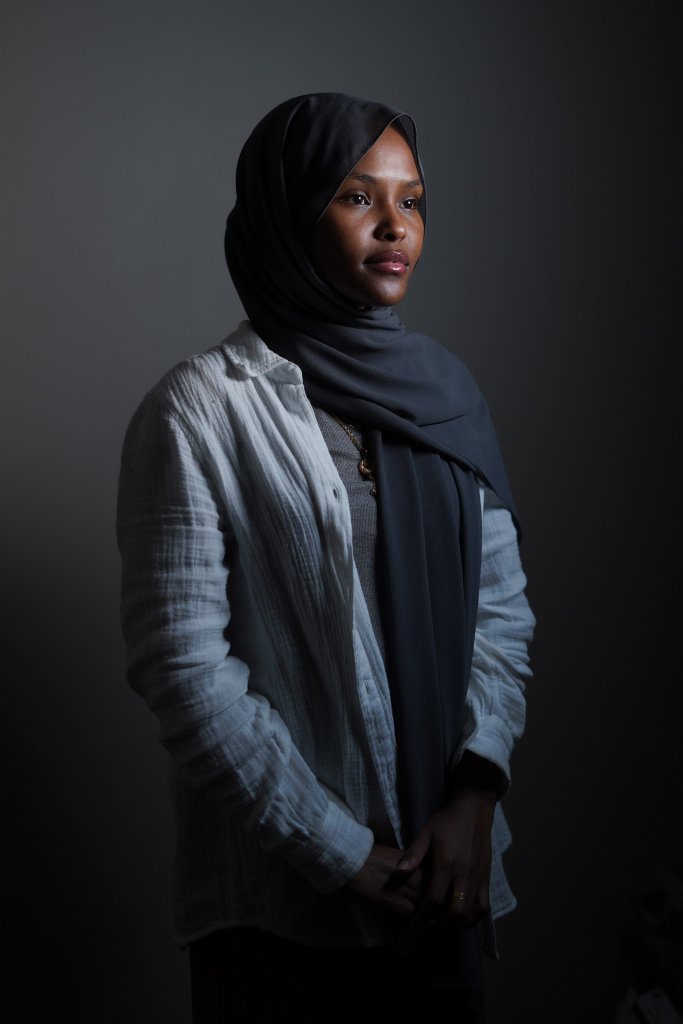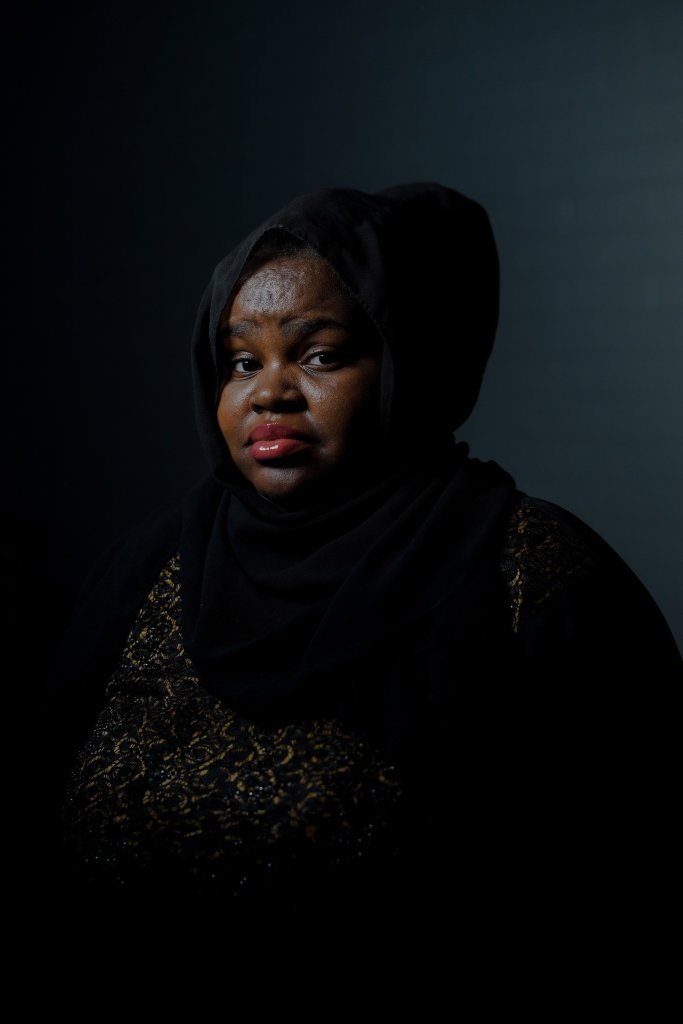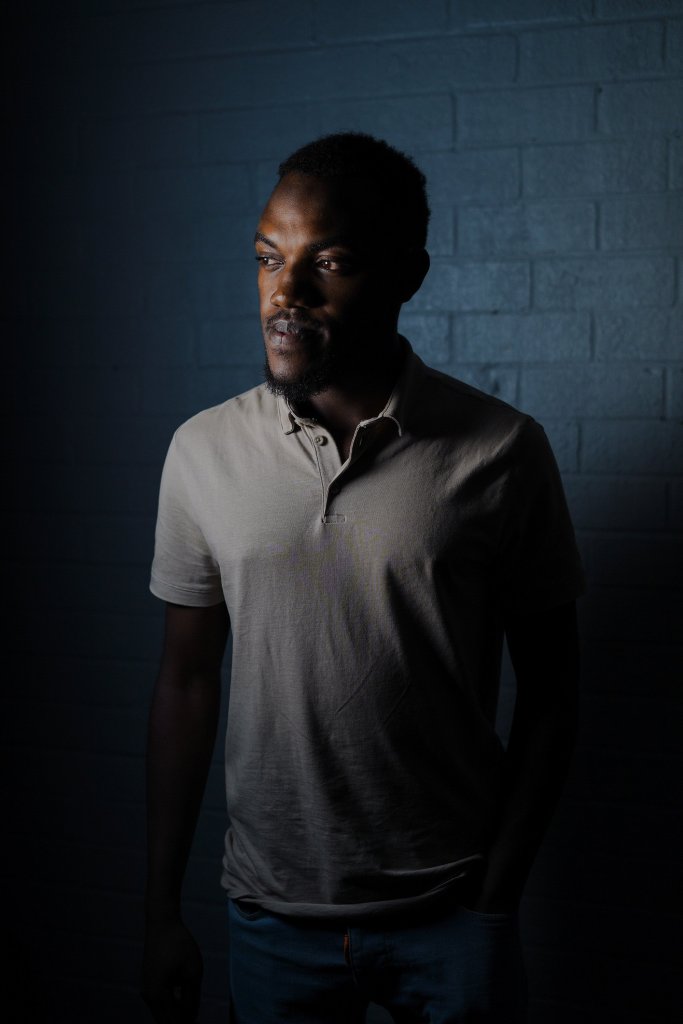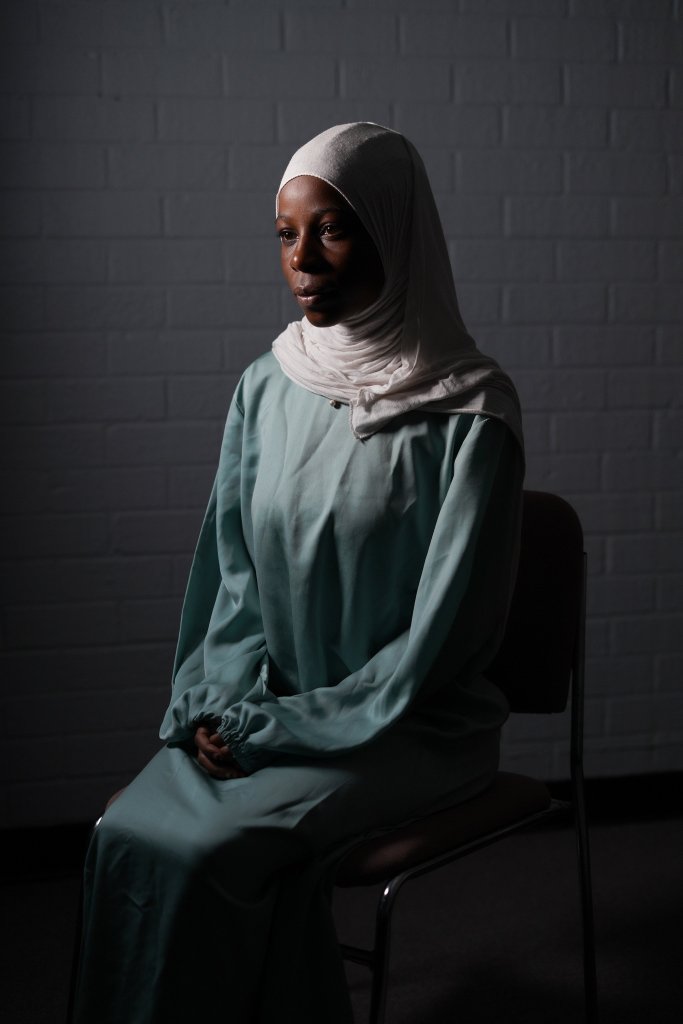They came together on a late fall afternoon, 15 young people in search of community. In a large room in Lewiston with walls that said hello in multiple languages, they ate pizza and gathered in chairs arranged in a circle – immigrants, children of immigrants, asylum seekers.
One spoke about the lack of “places where we can openly discuss our issues and learn how to actively engage in our community,” perfectly articulating the aim of this gathering arranged by the Community Organizing Alliance, a nonprofit created to foster engagement and empower people to make their voices heard and help make change where they live.
On this day, many were participating for the first time in COA’s program known as LEO, which stands for Listening, Education, Organizing. Through workshops, training sessions and community focus groups, they aim to help low-income Mainers and people of color address systemic barriers and develop strategies for building relationships and creating meaningful change.
Taking turns stepping into the center of the circle, the young people share a little about who they are and talk about cultural shock, identity crises, problems at school, lack of resources for their families. They discuss the need for more counseling and therapy and housing and for more to be done to protect them from gun violence.

Arbai Abdirahman, 18, found connection and unity in the training. Mary Gelman/Staff Photographer
They make it clear that they don’t want to stand on the sidelines, that they want to help to improve the communities they live in.
COA’s founder, Safiya Khalid, is a groundbreaker. At 23, she became the youngest person to serve on Lewiston’s City Council – and its first Somali American and Muslim member. But she knows well the experience of feeling like a stranger in the place where you live.
She was a small child when she and her mother and brother fled war-torn Somalia and made their way to a refugee camp in Kenya, where she became seriously ill. She was malnourished and underweight, with an undiagnosed bacterial infection.
“I was a very weak child. I just remember getting a lot of blood transfusions,” she said in her COA office. “I remember just a lot of needles, to the point they couldn’t find my veins so they used my foot. I remember just laying outside a lot with freaking flies and stuff. At one point, my stomach was even bigger than my mother’s, who was pregnant with my baby brother.”
She was 5 when the family reached America. She remembers feeling bewildered, unable to speak or understand English. She remembers being afraid to leave her home.

Safiya Khalid is Community Organizing Alliance’s founder. At 23, she became the youngest person to serve on Lewiston’s City Council, and its first Somali American and Muslim member. Mary Gelman/Staff Photographer
Campaigning for the council 18 years later, she was viciously attacked by online trolls from all over the country. On one wall of her office, a poster quotes Martin Luther King Jr.: “Darkness cannot drive out darkness; only light can do that. Hate cannot drive out hate; only love can do that.”
In her two years as a city councilor, Khalid says, she worked on housing issues and advocated for better infrastructure. She pushed for educational improvements and bigger school budgets. She was involved in community block grants to support local organizations that were making a positive impact.
But she felt the lack of input from people like herself.
“It was an amazing experience, but also a morally challenging period for me,” she said. “Unfortunately, our local government does not reflect or represent our community.”
The idea for COA came out of her desire for community engagement, she said.

Participants of the Listening, Education, Organizing, “LEO” training at the Lewiston Community Organizing Alliance office. The COA is a nonprofit aiming to empower people to help make change. Mary Gelman/Staff Photographer
“I didn’t just randomly wake up one night and decide to create all of this. It was through my own lived experiences, being in these spaces, that I saw what was missing,” she said. “People were not included. They didn’t attend local meetings, school committee meetings and so on. They didn’t know what they could do, or they simply didn’t believe they could.”
She believes many people of color in her community feel isolated and not heard or valued by the powers that be.
“We wanted to create a program that teaches people to engage with their government, from the local to the federal level, (to) educate people about the intricate systems and institutions at play,” Khalid said. “It’s a complex and often overwhelming landscape.”
After three meetings, the young people who have come together in Lewiston agree to work together on gun violence, meeting for four hours a month. They pick a chairperson, a secretary, someone to handle communication – important roles to keep themselves accountable. They talk about doing research, finding out what people in other states are doing. They discuss meeting with boys and men in the community to get their perspectives about how to make a difference. COA will be there to help them coordinate the meetings, provide them with resources, offer support.
“I truly believe in collective action,” Khalid said. “Many people feel that the problems they’re facing are unique to them, but that’s not the case. There are many others who can relate to them and share the same challenges. The goal of our organization is to figure out how to create a collective coalition and a sense of community, uniting people based on shared values and common issues.”
Copy the Story LinkComments are not available on this story.
Send questions/comments to the editors.





